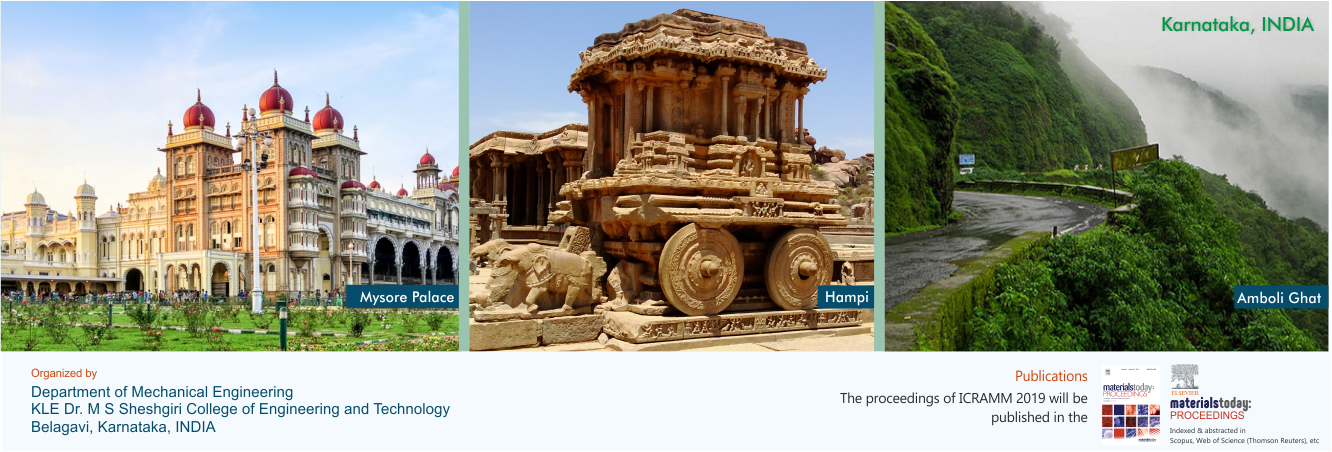1. All the submitted papers will receive an unique paper ID from the submission portal.
2. Received papers will be screened for Scope and similarity level.
2. Received papers will be screened for Scope and similarity level.
3. Papers that do not fall under the scope of the ICSTCE conference themes will be summarily rejected at the desk itself.
4. The similarity screen includes potential overlap with other published sources, AI/Chat GPT written content identification. Papers which have potential overlap in any already published articles (including the authors already published papers) will be rejected summarily without any further consideration.
5. Papers submitted by the authors should have not been already published or under consideration in any conference/journal/book series.
5. All submissions are subjected to a rigorous review procedure in order to maintain a high-quality publication. Papers which passed the above stages will only be forwarded for technical peer review process.
6. ICSTCE follows singe blind review process and each paper will be reviewed at-least by two independent reviewers who are specialized in the technical area of the papers being reviewed.
7. Corresponding author will be intimated the decision with the review feedback.
8. Authors are requested to revise the paper according to the comments provided by the reviewers and the revised version will be re-evaluated with the same reviewers if required.
9. Papers recommended by at-least two independent reviewers will be invited to register and present at the conference.
10. Papers which were presented at the conference are alone eligible for the subsequent online publication by the publisher.
11. Authors who have not presented their paper at the conference can not claim for publication.
12. Presentation and publication related decisions are made by the Organizing Committee, based on the review feedbacks given by the peer review experts. Decision of the organizing committee is final.
13. Confidentiality will be maintained by the editors and reviewers for all the papers submitted to the conference.
13. Confidentiality will be maintained by the editors and reviewers for all the papers submitted to the conference.
Conflict of Interest – Editors and reviewers engaged in the peer review process must state any conflict of interest arising from direct competition, collaboration, or other ties with any of the authors, and should withdraw themselves from situations where such conflicts prevent objective evaluation. The utilization of privileged information or ideas received via peer review for competitive benefit is prohibited.
